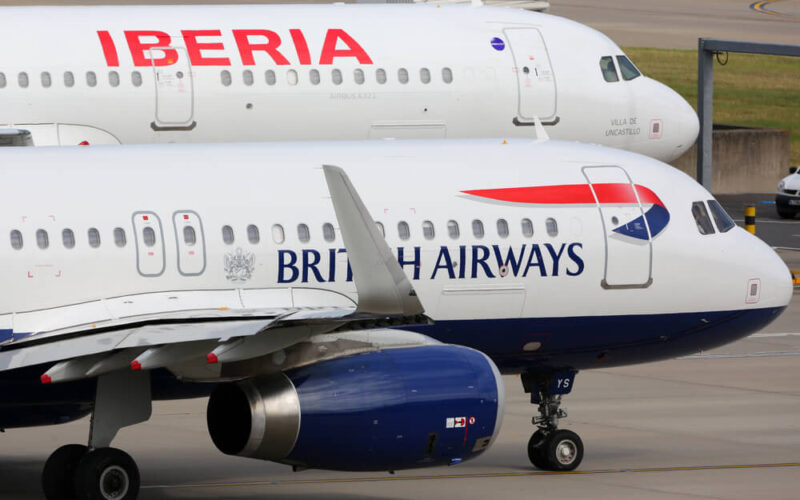International Airlines Group (IAG) (IAG), which owns five airlines, including British Airways (BA), Iberia and Aer Lingus, has provided updated guidance for the financial year of 2019. British Airline Pilots Association (BALPA) industrial action on September 9 and September 10, 2019, and a planned strike by Heathrow’s employees has put a dent in IAG’s profit expectations. Together with fuel price and currency exchange rate fluctuations, IAG forecasts a significant profit drop compared to FY2018.
However, the profit drop could have been much worse for the airline group as more service disruption has been planned, but later canceled by BALPA.
Severe British disruptions
Strikes were not the only adversities that one of the biggest IAG brands British Airways has faced.
On July 8, 2019, the Information Commissioner’s Office (ICO) announced intention to slap the British airline with a $230 million (£183.3 million) fine for data breaches dating back to 2018. While the final decision is yet to be presented, BA can still make representations to appeal the decision, but the fine is still looming.
The financial headwinds do not stop there, as on August 7, 2019, British Airways experienced an IT glitch. Reportedly, around 20,000 passengers felt the impact of the disruption as BA was forced to cancel or delay numerous flights in London’s airports, specifically Heathrow (LHR), Gatwick (LGW) and London City (LCY). If every affected passenger filed for compensation, British Airways could potentially face an additional $9.5 million (€8.7 million) of unexpected expenses in its financial statements.
Industrial action
On September 9 and September 10, 2019, BALPA commenced industrial action amidst the ongoing dispute over pay and benefits.
ONE – that’s the total amount of British Airways flights that we are tracking right now pic.twitter.com/KlU7vp559N
— Flightradar24 (@flightradar24) September 10, 2019
A further strike was planned for September 27, 2019, but the Pilots Association has canceled the walk out last Wednesday. While initially IAG expected that over 4,500 flights would be canceled, British Airways reinstated 2,196 flights, thus “only” 2,325 flights were called off.
London-Heathrow (LHR) staff had also threatened to disrupt operations at the airport on August 23 and August 24, but the industrial action by the workers was postponed.
The aforementioned BALPA and Heathrow strikes cost the airline $149 million (€137 million) and $36 million (€33 million), respectively. But one of the busiest airports in the world, LHR, almost faced further service disruptions. “Heathrow Pause” activists planned to fly drones around the airport to “commit a public nuisance”, as the Metropolitan Police later named the protest. Nevertheless, Heathrow was not paused and no flights were canceled.
In total, International Airlines Group (IAG) expects profits to drop by $235 million (€137 million) compared to 2018, before counting exceptional items. Several factors, including worrying booking trends within their low-cost subsidiaries LEVEL and Vueling, which “will have an adverse financial impact” of $49 million (€45 million), decreasing passenger revenue and the slowing down of capacity growth have also contributed to the diminishing financial results. In FY2018, IAG reported a net profit of $3 billion (€2.8 billion).

